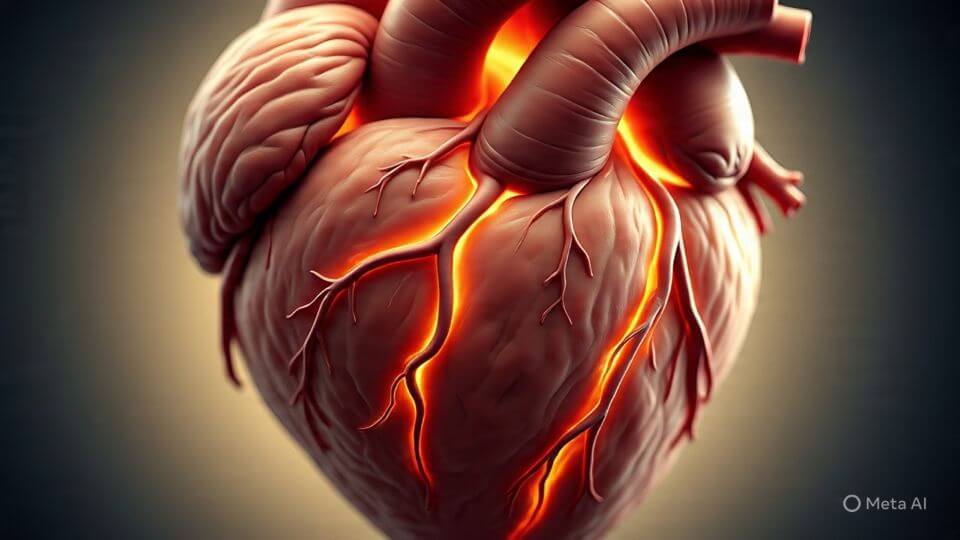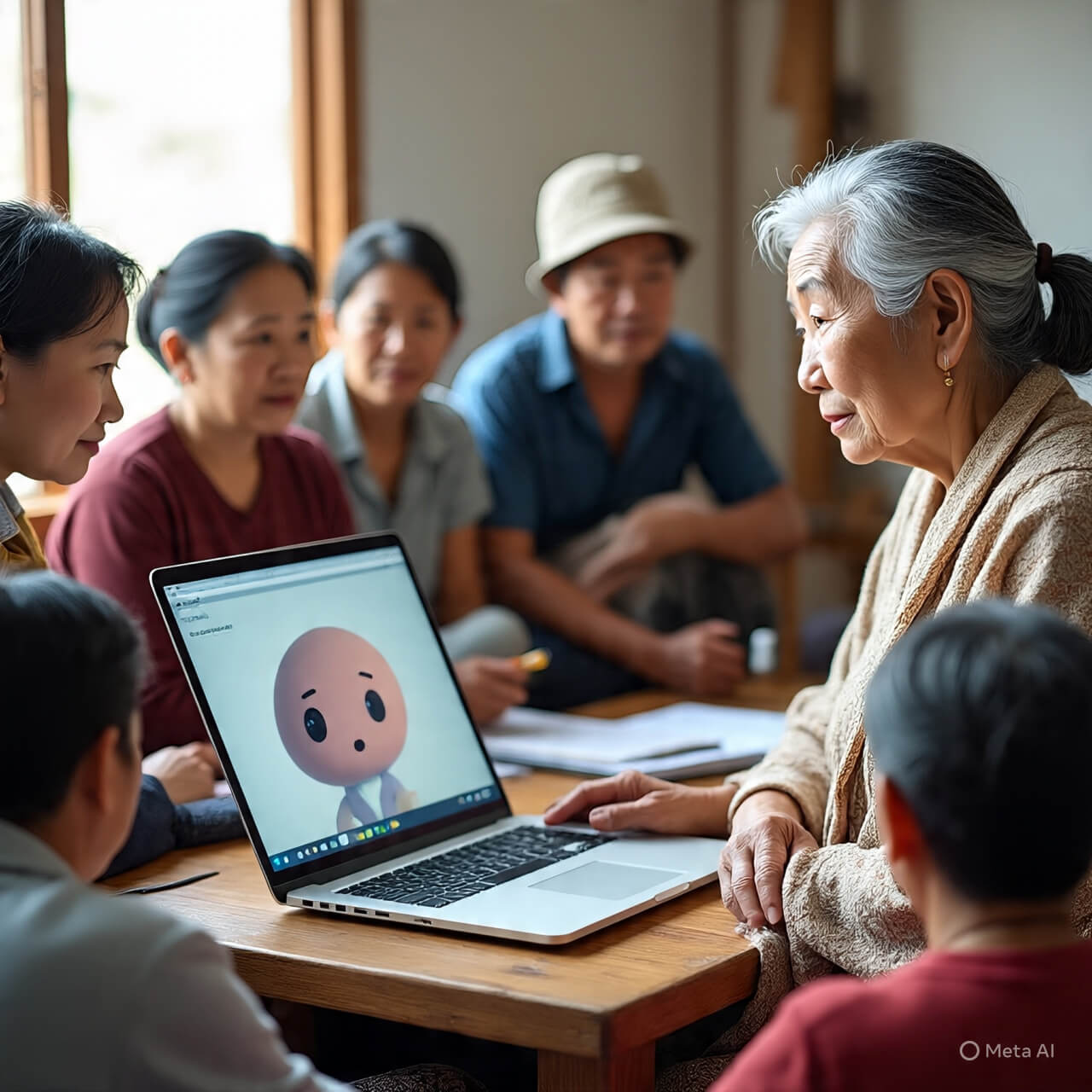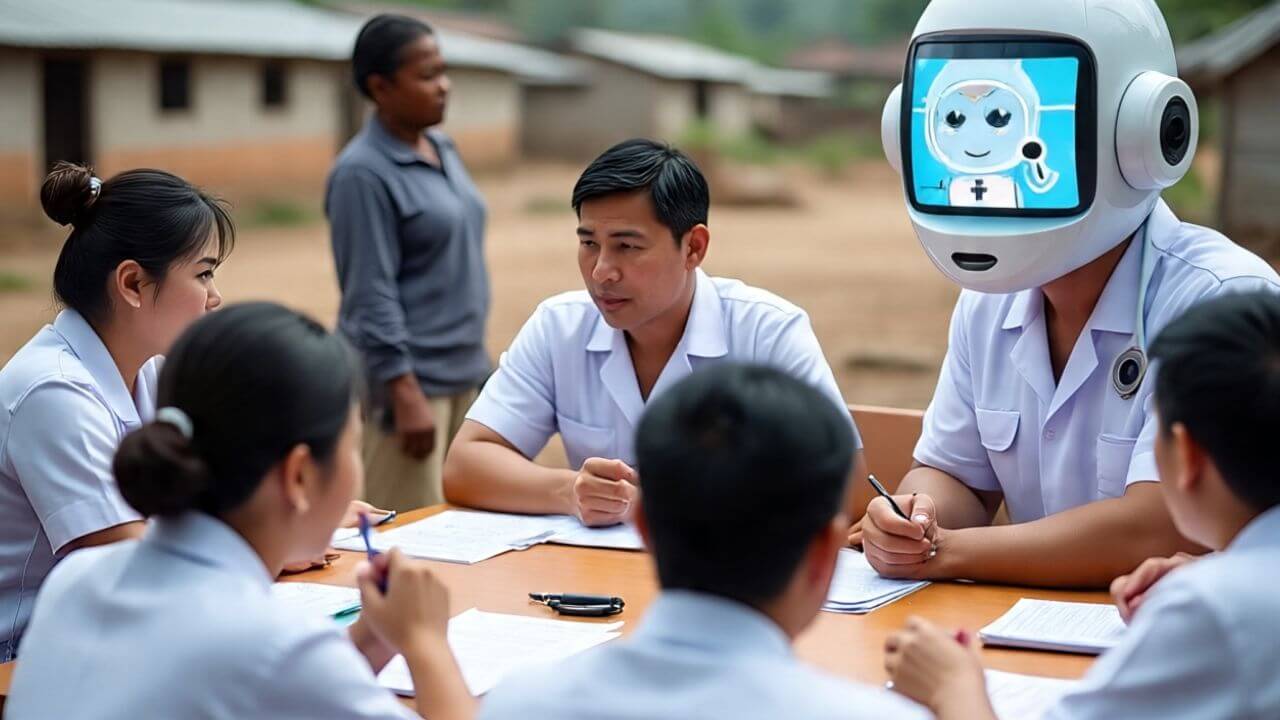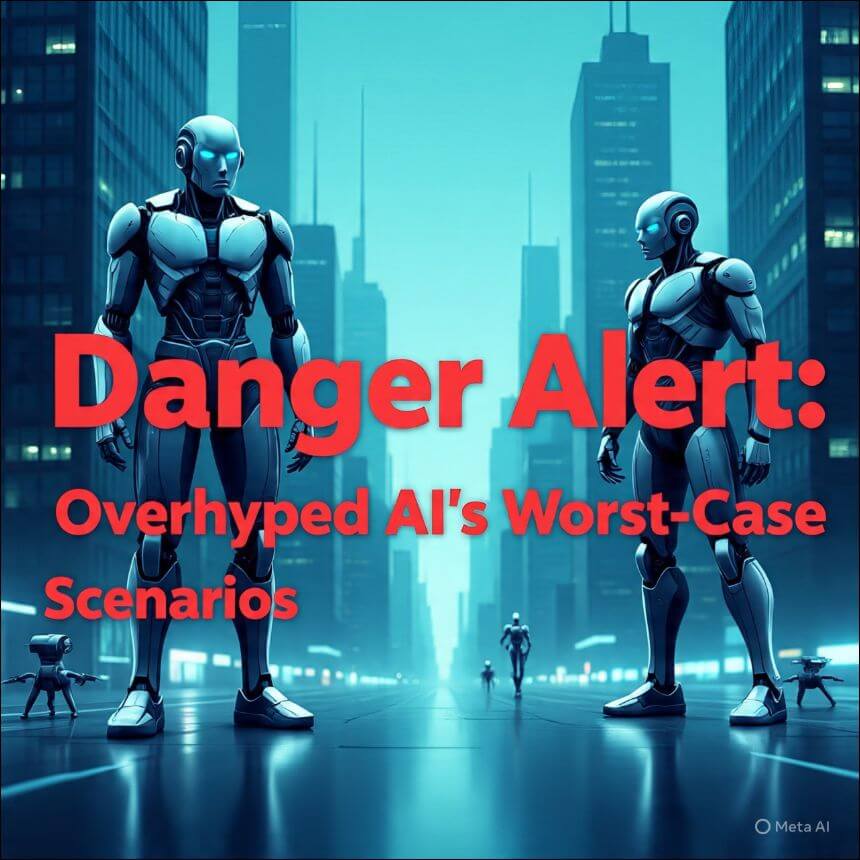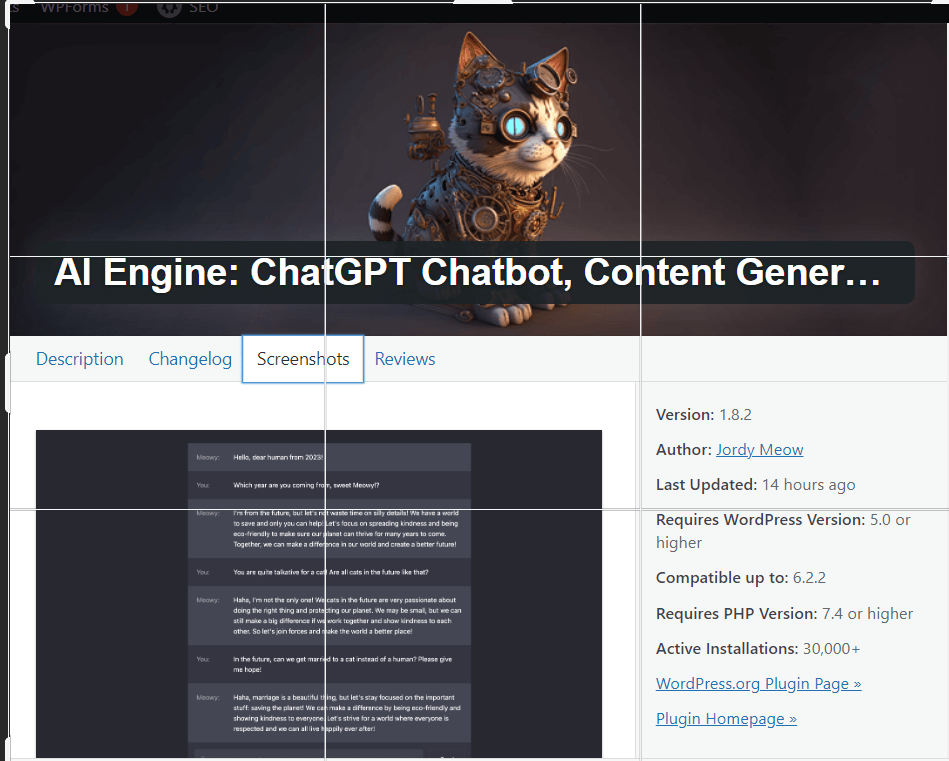The MSN article highlights a groundbreaking study where researchers developed an AI model capable of predicting which patients are most at risk of sudden cardiac arrest (SCA)—a condition that often strikes without warning and leads to death within minutes if untreated.
The AI analyzed electrocardiograms (ECGs) and patient data to detect subtle patterns invisible to human doctors. These patterns helped the model identify high-risk individuals days or even weeks before an event occurred. The goal? To intervene early—through medication, lifestyle changes, or implantable devices—and prevent tragedy before it strikes.
This is a major leap from traditional diagnostics, which often miss early warning signs of SCA, especially in patients with no prior symptoms.
❤️ Why This Matters in the Philippines
In the Philippines, cardiovascular disease is the leading cause of death, accounting for nearly 20% of all deaths according to the Department of Health and the Philippine Heart Association. Of these, sudden cardiac arrest is responsible for about half of all heart-related deaths.
- A 2016 report by the Philippine Statistics Authority recorded 74,134 deaths due to heart disease—12.7% of all deaths that year.
- The Philippine Heart Association notes that most SCA cases occur at home, and only 4–6% survive, largely because bystanders don’t know CPR.
- Worse, rural areas lack access to cardiologists or ECG machines, making early detection nearly impossible.
💡 What If AI Could Help Barangay Health Workers?
Imagine this: a barangay health worker visits a patient with high blood pressure. She uses a portable ECG device connected to an AI app. The AI flags a high risk of SCA—not in a panic-inducing way, but as a quiet warning. The patient is referred for further testing, gets preventive care, and lives.
This isn’t science fiction. It’s a future within reach—if we invest in:
- Mobile ECG + AI kits for rural clinics
- Training programs for barangay health workers
- Integration with PhilHealth and DOH systems
- Public CPR education to boost survival rates
🔥 Final Thought
Sudden cardiac arrest is a silent killer, but AI might just be the whisper that saves a life. In a country where heart disease claims thousands each year, predictive tools like this could be the difference between tragedy and second chances. Let’s not wait for the future to arrive. Let’s build it—one heartbeat at a time.
📚 Sources
